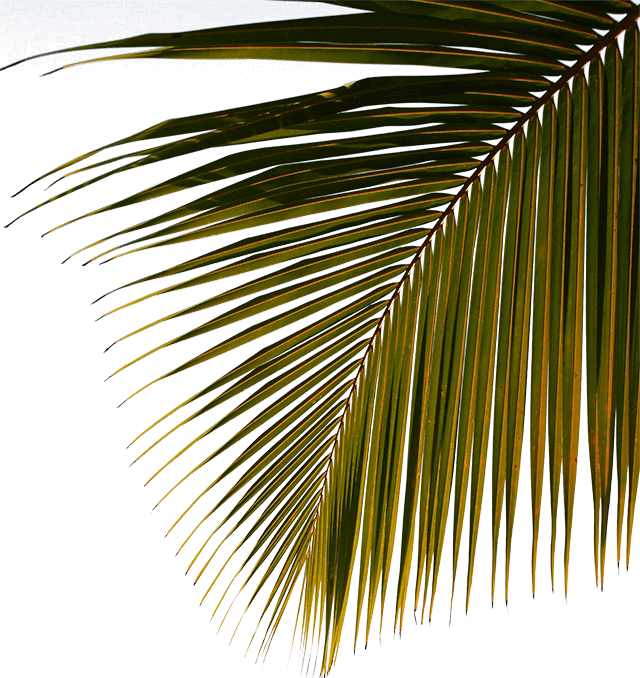Eternal Forests

Banyan and Peepal are called Amrit vriksh by the ancients of Indus valley, the earliest Hindus. The word literarily means the Immortal Tree and its true, if not killed, they’ll never die. A Mother Peepal tree can live up to 2500 years, twenty five centuries… Imagine if colonials had not secretly killed all ancient Peepals of India, we been able to visit Peepal trees all across India who were young when Jesus walked the Earth. They are immortal as they develop Areal roots that become another trunk when connects with Earth, another daughter trees, connected with Mother tree’s branch. Now the daughters too can also live same age.Now imagine a Banyan tree having 8 primary branches have become a tree, She will keep expanding like that making a kind of web or a chain and entire this system of can literarily live till the end of times. They are actually inspiration of the Mother tree in movie Avatar and the spiritual motivation behind our Eternal forests campaign
The Campaign
Environmental technology Experts are struggling from over a decades to engineer the most efficient CCS (Carbon capture and storage) systems. This exercise must go on for academic and technological advancements but let us not forget that Mother Nature has her own massive CCS machines, Mighty Peepal and Banyan trees of Indus valley and they are native to entire Indian subcontinent. These venerable trees are most efficient in capturing and storing carbon dioxide and they have proved to cleanse the Air around, they do enhance air quality so intensely because they are one of the few species that produce Oxygen even at night while all other plant species exhale Carbon dioxite. In urban areas, they can replace the Smog canons.
We termed mighty Peepal and Banyan trees “The Eternal Forest” for a reason that a single tree is capable of becoming a pocket forest with her own unique ecosystem. Creating abundance of Oxygen in atmosphere and habitat for biodiversity within urban spaces.
From over a decade urban populations of Pakistan is combating helplessly with the disaster of SMOG. And this campaign is our ambitious reaction to fight back the air pollution and to infuse the Lifeful breath of Nature back into our urban spaces. Our mission is to plant millions of Banyan and Peepal trees, often referred to as Oxygen Bombs in Urban landscapes. Peepal (Ficus religiosa) and Banyan (Ficus benghalensis) trees hold divine status in South Asian cultures and landscapes, perhaps the ancients knew far more than we know about the pivotal role these tree play in purification of air and production of excessive Oxygen while absorbing CO2 and storing it in their biomass.
Air Regeneration
Peepal and Banyan trees are living reminders that we are not alone in this fight. Nature, with its timeless wisdom, has always been a reliable partner, offering free, regenerative and effective Air regenerative solutions that we should embrace and protect for generations to come.
Extensive Canopy
The wide-reaching canopies of these trees provide a substantial surface area for photosynthesis, the process by which CO2 is absorbed and converted into oxygen (O2) and carbon compounds.
Longevity
These trees are knowns as Immortal trees and can live for thousands of years, ensuring a prolonged and consistent carbon capture capacity. The more massive the tree, the more carbon it can store.
Biodiversity
These trees in urban areas contribute to biodiversity by providing food and habitat for various species. This enhances the health of urban ecosystems and offers opportunities for urban dwellers to connect with nature.
Adaptability
Peepal and Banyan trees are highly adaptive, growing in various climates and soil conditions. This adaptability allows them to thrive in diverse environments and continue their carbon storage mission.
Biomass Accumulation
The extensive root systems and dense wood of these trees contribute to efficient carbon storage. As they grow, they accumulate carbon within their trunks and roots.






